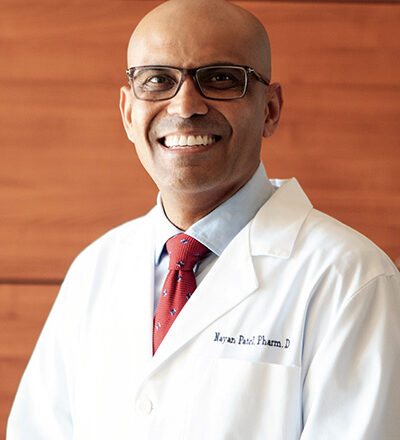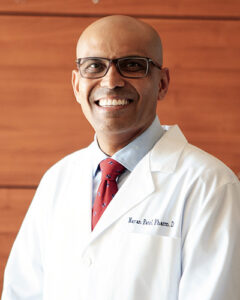
Podcast: Play in new window | Download
On today’s episode of Dr. M’s Women and Children First Podcast, we welcome a scientist whose work has quietly shaped the cardiovascular health of millions around the world.
Dr. Sundeep Dugar is a pharmaceutical innovator, inventor, and industry leader with more than three decades at the forefront of drug discovery. He is best known as a co-inventor of ezetimibe — marketed as Zetia® — a landmark cholesterol-lowering medication that transformed lipid management by targeting intestinal cholesterol absorption. He also co-inventor of the combination therapy Vytorin® (ezetimibe plus simvastatin), expanding treatment options for patients at high cardiovascular risk. For this groundbreaking work, Dr. Dugar and his colleagues received the prestigious 2005 National Inventor of the Year Award from the Intellectual Property Owners Association and the Heroes of Chemistry award from the American Chemical Society. Across his career, Dr. Dugar has contributed to more than 140 patents and has authored over 70 scientific publications, reflecting a lifetime devoted to translating chemistry into real-world therapies.
He is currently the founder of Aayam Therapeutics, where he leads efforts to develop innovative, accessible medicines through collaborative global research. He also serves as Co-Chief Executive Officer of Blue Oak Nutraceuticals, advancing a novel mitochondrial-targeted compound known as Mitokatlyst™, designed to stimulate mitochondrial biogenesis and cellular energy — with potential implications for muscle strength, metabolic health, cardiovascular function, and inflammation. He is the first one to decipher the mechanism by which exercise induces mitochondria levels. Mitokatlyst mechanism of action mimics this process.
Dr. Dugar’s scientific journey spans continents and some of the world’s premier institutions. He earned both his Bachelor’s and Master’s degrees in Organic Chemistry from the University of Delhi, completed his PhD in Chemistry at the University of California, Davis, and pursued postdoctoral research at ETH Zürich in Switzerland and at Cornell University.
Today, we’ll explore the story behind major pharmaceutical breakthroughs, the science of mitochondrial health, and what the future of therapeutics may look like when innovation meets global accessibility.
Please join me in welcoming Dr. Sundeep Dugar.





















